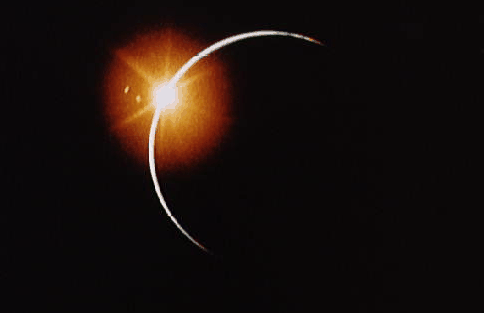Fracking Disclosure in California

The California Senate Environmental Quality Committee is set to consider a fracking disclosure bill today. Like other disclosure bills, AB 591 does not prohibit or restrict fracking. Rather it sheds light on the fracking process and protects public health by requiring fracking companies to disclose the chemical constituents of "fracking fluid" used at each well.
AB 591 differs in significant ways from fracking disclosure legislation in other states. First, unlike the Texas bill passed earlier this month, the California bill does not exempt "trade secret" chemicals from its disclosure requirement. Second, the bill requires companies to report the amount and sources of water used used in fracking exploration and production.
These differences are extremely positive. By ensuring that all chemical constituents are accounted for, California is in a better position to prevent and clean up toxic spills at fracking sites. Disclosure also has the added benefit of potentially making discovery for toxic tort cases arising from fracking easier.
The bill's unique water disclosure requirement benefits the public too. California's surface waters have been a major subject of litigation and legislation for over a century. (Mark Reisner's Cadillac Desert is still one of the best summaries of this history). California is also depleting its groundwater at an unsustainable rate. Fracking will exacerbate California's water woes. Each fracking well uses approximately two to five million gallons of fresh water. Once used, that water is permanently contaminated by chemical additives and cannot be safely returned to the water cycle. AB 591 would make public valuable information about how much and what water fracking removes from California's limited fresh water supply. With that knowledge the public and the state can make better informed decisions about whether and where to allow future fracking.
AB 591 doesn't propose anything that would limit fracking in California. It simply makes available information that is necessary to protect public health and California drinking water. Some amendments could make it stronger--i.e. requiring reporting of the amount and treatment of fracking waste-water and the concentration of chemical additives. As is, however, the bill is still a very reasonable first effort at creating oversight for fracking in California.
* * *
Sonya Ziaja is a regular contributor at LegalMatch's Law Blog and Shark. Laser. Blog.
"Fraccident Map" image from Earthjustice.
Labels: California, Disclosure, Fracking, Toxic Torts, Water









0 Comments:
Post a Comment
<< Home